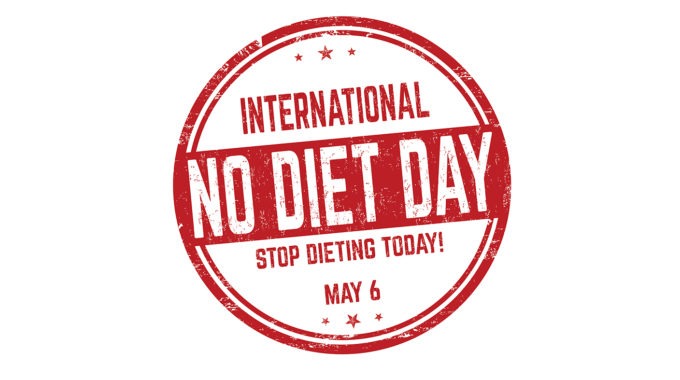Top diet myths to know on #NoDietDay
As we’re sure you’ve noticed, we love national and international food days here at Eativity, and today is a day that really puts a little extra pep in our step. May 6 is International No Diet Day. It all started in the UK in 1992 with Mary Evans. A former sufferer of anorexia nervosa, she wanted to encourage people to appreciate the body they have and stop falling prey to unrealistic body types that mass media can promote. The day is now celebrated by body-positive organisations in countries around the globe, including here in Australia. To help you love your body a little more and take some time to reflect on what you might be eating or doing that maybe isn’t helping you to achieve your health goals, food and nutrition scientist Dr Emma Beckett has passed on her wisdom, breaking down the top 5 diet myths.
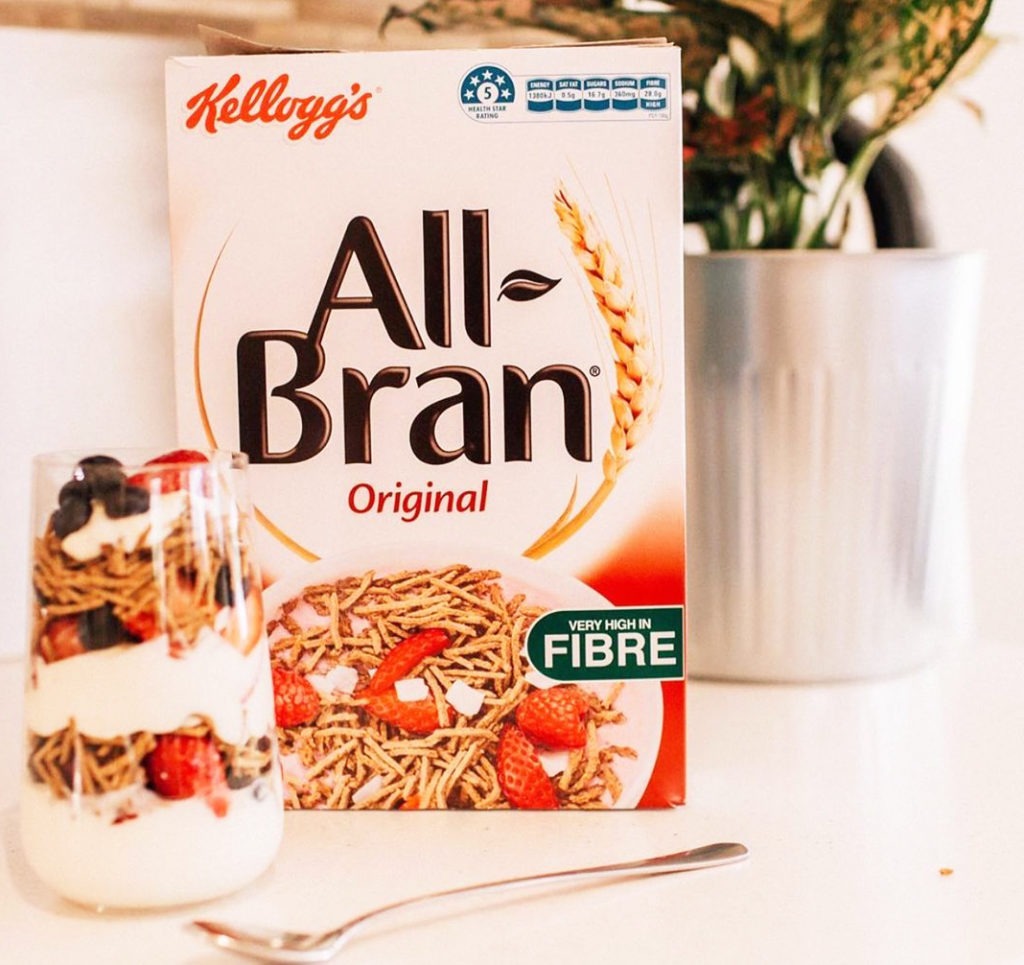
MYTH # 1: fibre supps are just as good as fibre-rich foods
“Fibre is so important for our bodies, as it feeds the good bacteria living in the gut, which promotes better digestive balance, supports gut health and can also help to support immune health,” Dr Beckett says. “Many people find they struggle to meet their daily fibre intake, so they turn to supplement options instead.”
Supplements can certainly have their place, but the good doctor says it’s always best to go for real food options first. “Foods have more benefits that come with the fibre, like nutrients and bioactive compounds,” she says. “Getting your daily fibre dose is actually really simple. There are many high-fibre options you’re probably already eating. Think fibre-rich cereals such as All-Bran, as well as fruits, vegetables and nuts.”
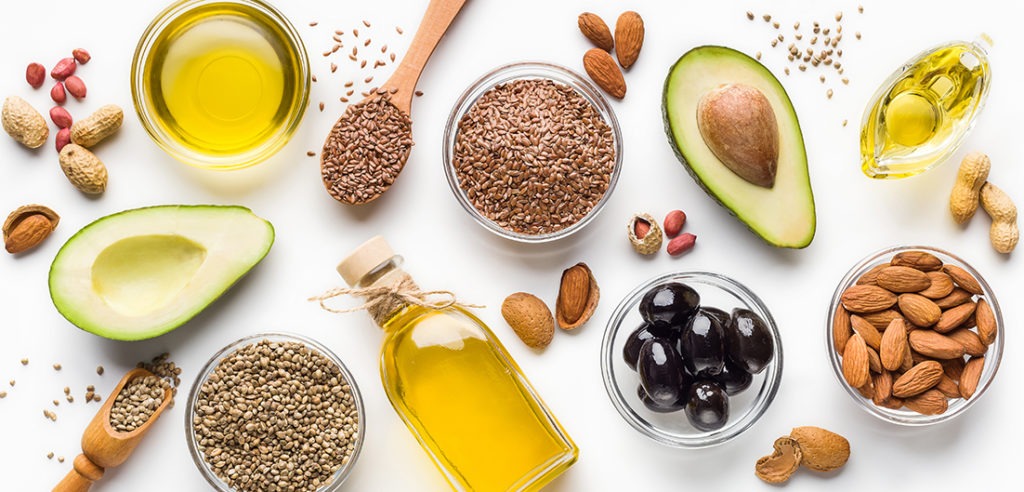
MYTH # 2: the less fat you eat, the better
If you’re trying to maintain a healthy overall diet, dietary fat is actually a really important nutrient for you to be consuming. It just needs to be the right type of fat.
“Healthy fats like mono- and polyunsaturated fats are found in foods like nuts, cereals, fish and avocado,” Dr Beckett says. “They’re essential for energy and rebuilding cells.”
The fats you want to limit are trans and saturated fats in processed foods. If you want to stay healthy AND happy, it’s about finding the right balance. Don’t restrict yourself.

MYTH #3: all additives are bad
The general consensus is that we should avoid foods with additives and preservatives at all costs. However, Dr Beckett points out that there’s a big difference between naturally-occurring additives and consuming a diet that’s high in processed foods.
“When it comes to additives, they can actually be really useful,” she says. “They enhance the consumer experience by prolonging shelf life. It’s also important to note that Australian food companies must abide by the approved levels of additives and preservatives added to their products, as outlined by food regulators.”
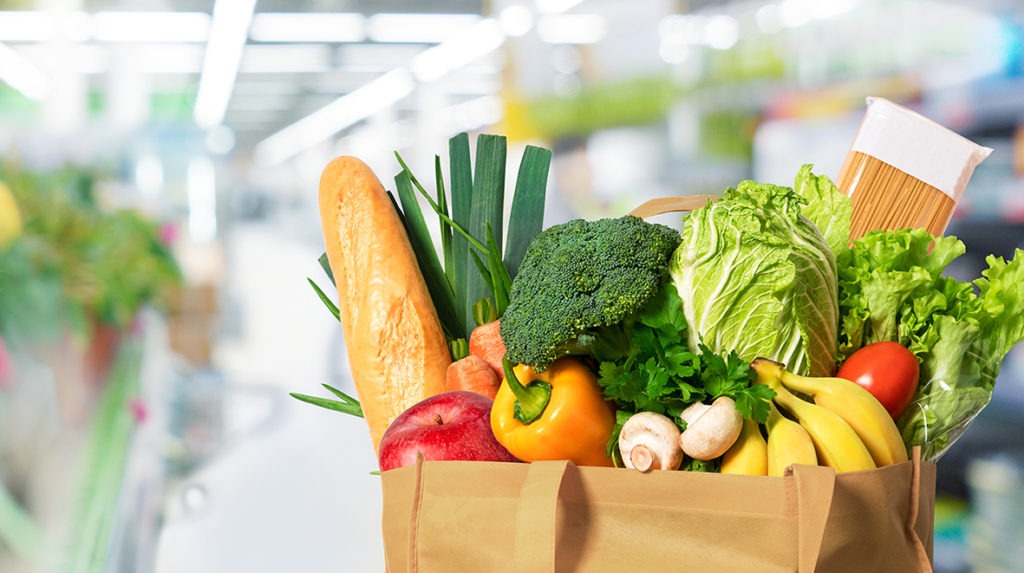
MYTH # 4: healthy food is more expensive
Healthy food options get a bad rap for being expensive, but they don’t have to be.
“Don’t get distracted by expensive ‘superfoods’,” Dr Beckett advises. “There are plenty of options you’re probably already adding to your shopping list, or easy ingredients you can start adding into your daily diet that are extremely economical and won’t go bad before you eat them. Take breakfast cereal, for example. Sultana Bran is an affordable option that provides you with fibre and whole grains to support your gut health.”
Fruit and vegetables are also simple and affordable additions to your diet that you should think about switching to if you’re craving a snack during the 3pm slump.
“Eating healthy foods doesn’t have to be expensive if you don’t want it to be,” Dr Beckett says. “And it doesn’t always need to be Insta-worthy”.
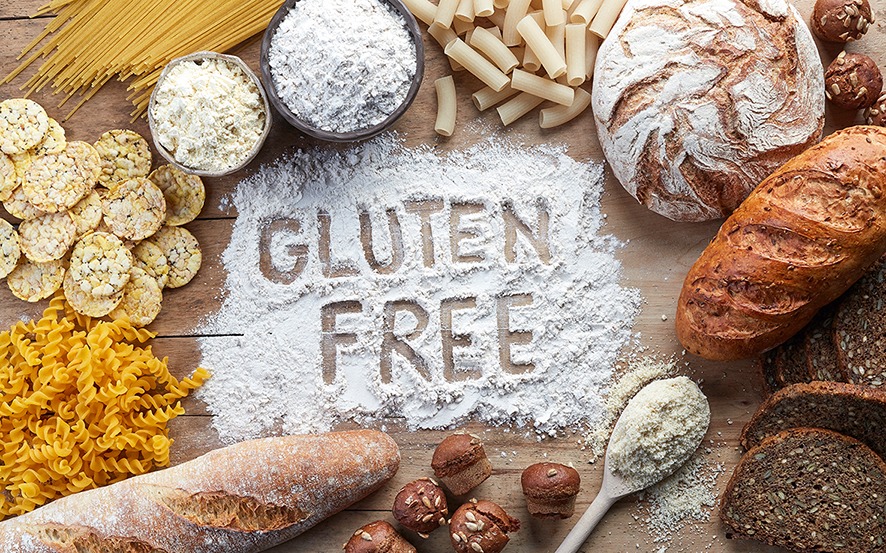
MYTH #5: gluten-free is better for you
The popularity of gluten-free diets continues to grow, as do diet myths about why a gluten-free lifestyle is better for you. Many people are swapping out gluten without having a medical diagnosis of coeliac disease. This is a condition that occurs when the immune system reacts abnormally to gluten.
“Gluten is a protein found in wheat, barley and rye,” Dr Beckett explains. “For people with coeliac disease, eating it prompts the immune system to attack the small intestine. Some studies have suggested that [if you don’t have coeliac disease] avoiding gluten can be detrimental to your health. Avoiding gluten often leads to a deficiency in grains, which are important sources of micronutrients, fibre and prebiotics.”


